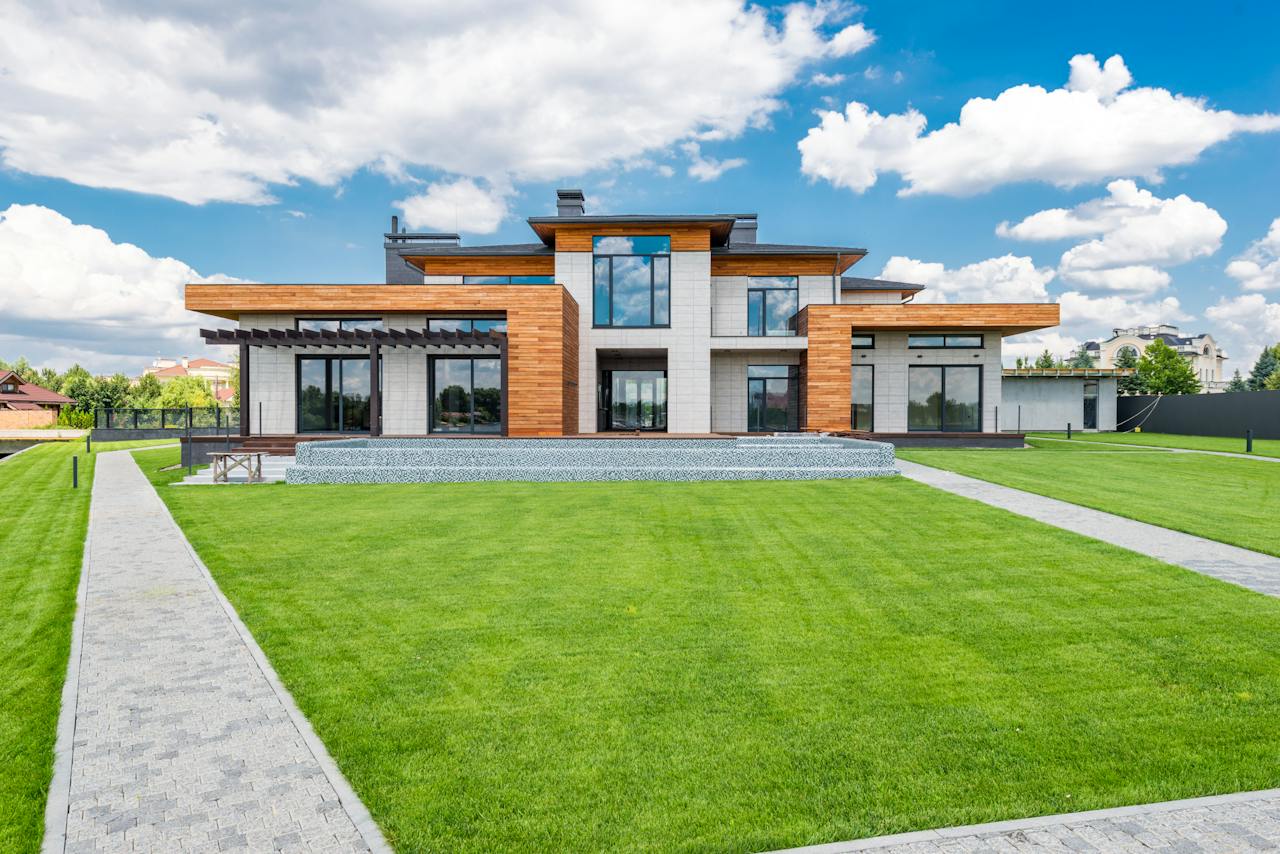Comments
- No comments found

Climate change is changing every industry around the globe.
Extreme weather events have wreaked havoc on supply chains, unpredictable seasonal changes have deterred tourists, and the insurance industry has been forced to account for increasingly common occurrences of disasters.
The wide-reaching impact of global warming has had an impact on real estate investment, too. As a rule of thumb, investors prefer stable, predictable gains. However, the predictability of real estate has been undermined by climate-related challenges.
That said, investors who adapt to climate change may still be able to grow their portfolios by backing more resilient real estate prospects.
The prospect of climate change is already having an impact on the real estate industry. Hurricane scientist Jeff Masters, Ph., explains that we’re currently staring down the barrel of a climate-induced housing bubble as people try to flee from homes constructed on “flood plains, storm surge zones, regions with declining water availability, and the wildfire-prone West.”
Masters also claims that many of these climate-vulnerable properties are overpriced by billions of dollars. This spells disaster for investors as a heavy flood or a shift in weather patterns could literally wash your profits away. Additionally, prospective homeowners who hear about the risk of floods or wildfires could turn away from an area if they hear of a flood that hit the area in recent years.
Some home insurers are also raising the rates in the face of climate change. We’re currently facing an insurance crisis in states like Florida, California, and Louisiana that has made home ownership impossible for many. This issue is unlikely to resolve itself anytime soon, either, as sea levels continue to rise and climate disasters are becoming more intense and frequent every year.
When assessing real estate for investment purposes, you need to dedicate more time to climate-oriented research. In addition to the usual checks, consider factors like:
Infrastructure around the home
Seasonal weather patterns in the area
Access to support in the event of an emergency
Risk of flood
Regional insurance trends
These factors can have a profound impact on the demand and value of the properties you invest in. For example, you may find that buyers become wary of rural properties with poor highway maintenance in the coming years. That’s because extreme weather increases the risk of accidents on the road. Extreme temperatures from heatwaves and snowstorms can damage the road surface and drivers are at risk of hydroplaning after a heavy downfall. Weather events like sudden fog can cause pile-ups and cause collisions with pedestrians, too. Commuters are unlikely to put up with snowstorms or fog unless they know that the highways and freeways are well-maintained.
If you have a large portfolio, it may make sense to diversify your real estate portfolio while waiting for the future of real estate to reveal itself. Investing in different towns spreads risk and helps you find out which locations are taking climate resilience seriously. If you find that certain towns take steps to protect investors, consider shifting more of your resources towards climate-resilient properties.
Entering the real estate industry is a great way to boost your worth and generate stable income. However, newcomers to real estate will have to research investments thoroughly and opt for homes with more resilient designs.
You can consider investing in more green design as part of your investment strategy, too. Greener builds promise to reduce net emissions by 1.5 gigatonnes of CO2 by 2030. This means that green buildings are highly attractive to climate-conscious homeowners who wish to minimize their carbon footprint.
Resilient real estate design can’t stop wildfires or prevent flash floods. However, it can protect homes against some forms of disaster and give prospective homeowners peace of mind when signing the contract for sale or rent. Consider investing in homes that make use of climate-resistant features like green roofs, solar shading, and reinforced structures. This will protect against high winds and heatwaves while minimizing homeowners’ utility bills.
Many real estate investors take a hands-off approach to development and hope to time the market when selling. However, if you want to grow the value of your home in a climate-challenged world, you’ll need to get stuck in and make some key changes to your home.
Reduce the risk of depreciation by weatherproofing your new investment. Install high-quality storm windows and invest in insulation to mitigate the risk of cold snaps that freeze pipes and damage property. If you’re looking at properties near hurricane-affected areas, put some funds aside for hurricane shutters and storm shelters.
Timing the market is always difficult. However, you’ll also need to account for seasonal fluctuations in value due to climate change. You may, for example, notice that you struggle to sell a property in an area that receives heavy snowfall in winter or heat waves in the summer. Instead, look to list your property at a time when you know prospective buyers won’t have climate challenges on their minds.
Real estate investment is a reliable way to build your portfolio. However, you need to account for climate change if you want to protect your investment in the long term. Make strategic changes to homes when looking to sell them and research the area before putting any cash into a property. This can help you avoid flood-affected areas and help you secure long-term financial growth.
Leave your comments
Post comment as a guest